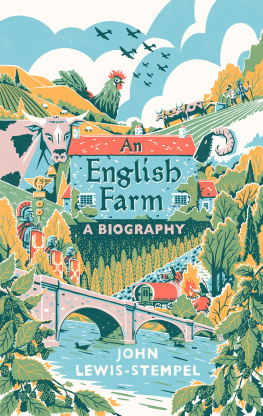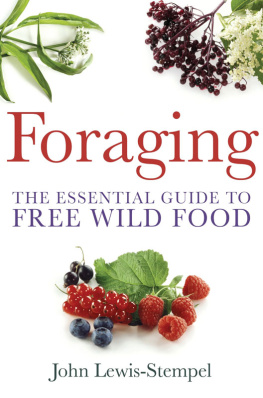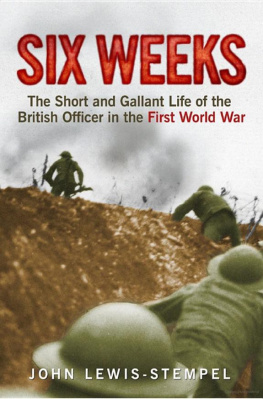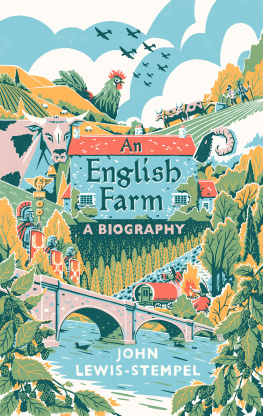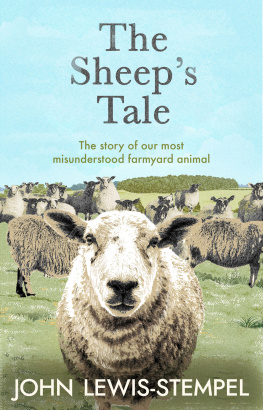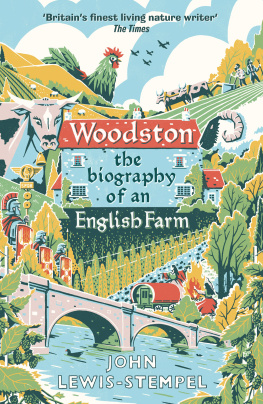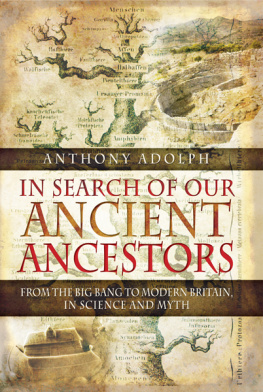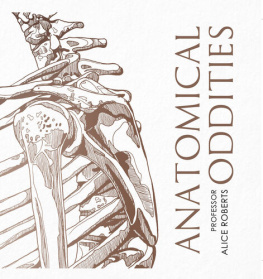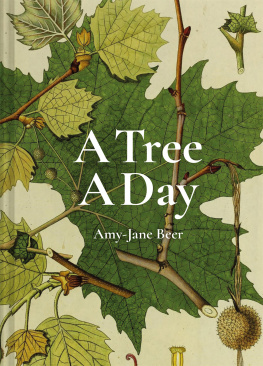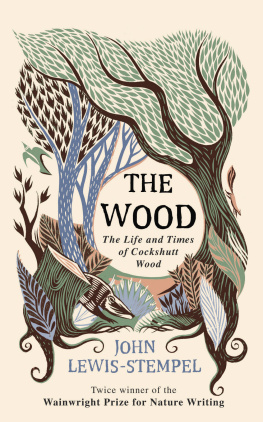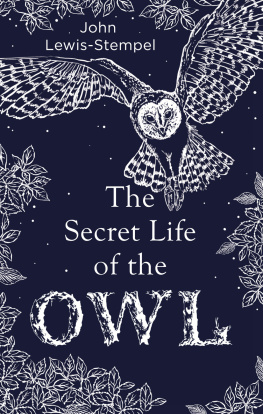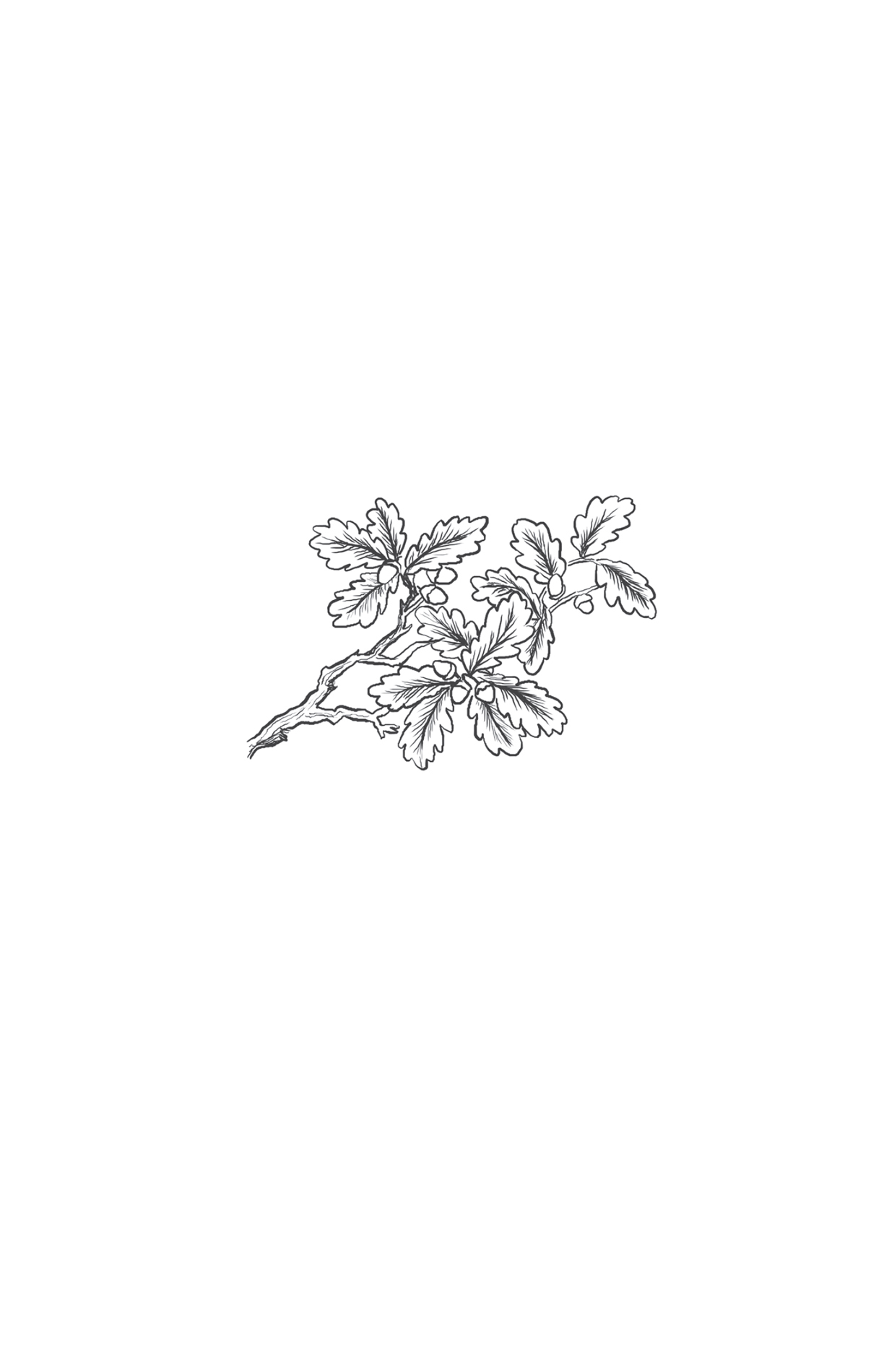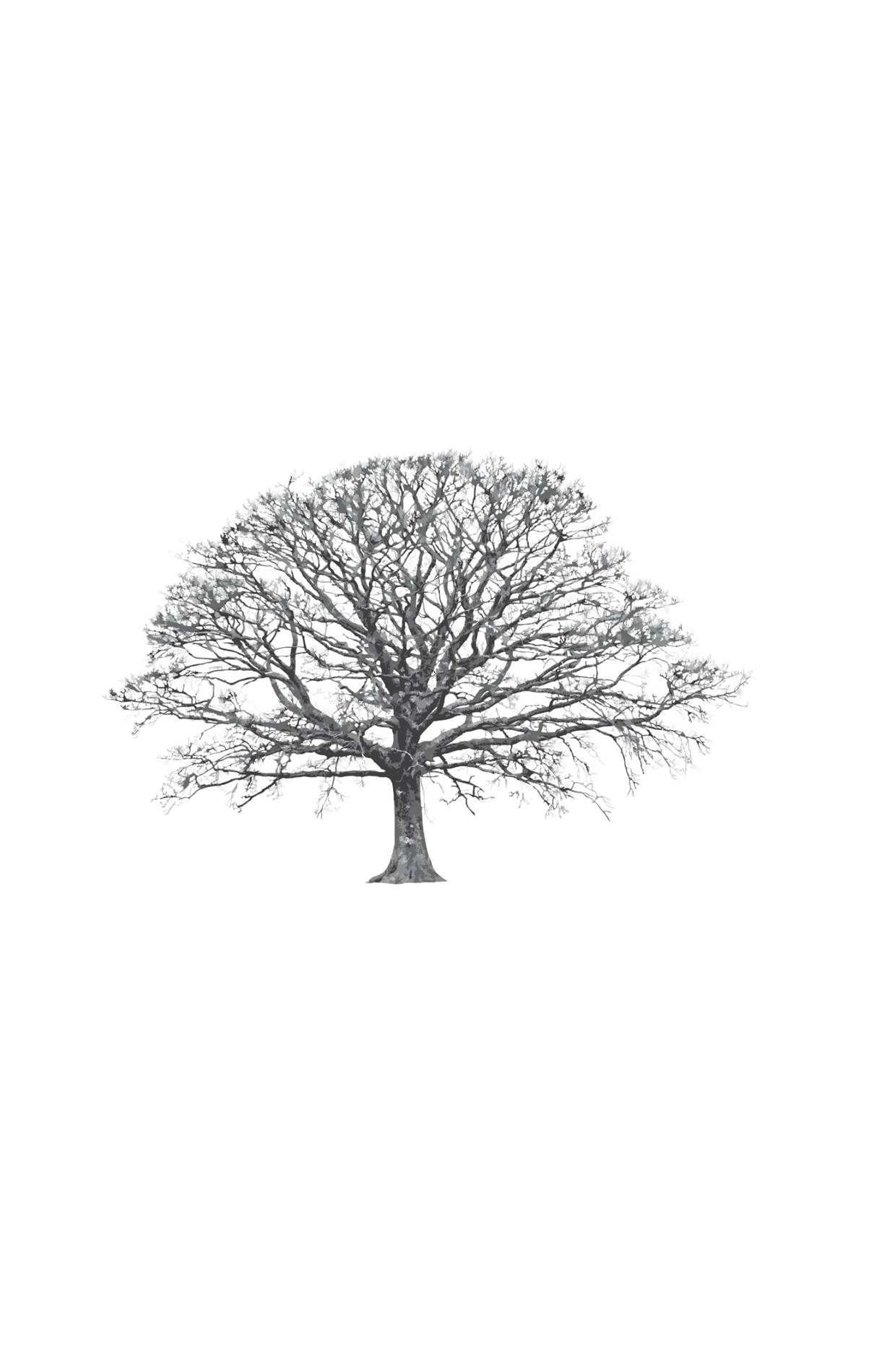C ONTENTS
About the Book
The oak is our most beloved and most familiar tree. Its roots stretch out across Europe, but more than half the ancient oaks in the world are in Britain. And for centuries oak touched every part of a Britons life from cradle to coffin. It was oak that made the wooden walls of Nelsons navy, and it was the navy that allowed Britain to rule the world. Even now, oak stands for fortitude, antiquity, pastoralism.
In The Glorious Life of the Oak, John Lewis-Stempel explores our long relationship with this iconic tree. He considers the life-cycle of the oak, and the flora and fauna that depend on it; he investigates the oak as a source of medicine, food and drink, discovers where Britains mightiest oaks are found and celebrates the oak as poets muse. And he retells oak stories from folklore, myth and legend oaks bearing the souls of the dead, the Green Man, and fertility rites on Oak Apple Day. Of all the trees, it is the oak that speaks most clearly to us.
The Round Oak
The Apple topt oak in the old narrow lane
And the hedge row of bramble and thorn
Will neer throw their green on my visions again
As they did on that sweet dewy morn
When I went for spring pooteys and birds nest to look
Down the border of bushes ayont the fair spring
I gathered the palm grass close to the brook
And heard the sweet birds in thorn bushes sing
I gathered flat gravel stones up in the shallows
To make ducks and drakes when I got to a pond
The reed sparrows nest it was close to the sallows
And the wrens in a thorn bush a little beyond
And there did the stickleback shoot through the pebbles
As the bow shoots the arrow quick darting unseen
Till it came to the shallows where the water scarce drebbles
Then back dart again to the spring head of green
The nest of the magpie in the low bush of white thorn
And the carrion crows nest on the tree oer the spring
I saw it in March on many a cold morn
When the arum it bloomed like a beautiful thing
And the apple topt oak aye as round as a table
That grew just above on the bank by the spring
Where every Saturday noon I was able
To spend half a day and hear the birds sing
But now theres no holidays left to my choice
That can bring time to sit in thy pleasures again
Thy limpid brook flows and thy waters rejoice
And I long for that tree but my wishes are vain
All thats left to me now I find in my dreams
For fate in my fortunes left nothing the same
Sweet Apple topt oak that grew by the stream
I loved thy shade once now I love but thy name
John Clare (17931864)
P ROLOGUE
A Meeting with an Oak at Midnight
WE ALL BLAMED each other, but someone had left the back door open, letting the Border terrier escape. It was after eleven, just as we were going to bed. No one wants a dog running free at night, especially a dog who has form for barking at sheep.
I had a hunch the dog had headed for the wood down below the house, into foxland. A reynard is a bte rouge to a Border terrier. So I grabbed a labrador to trail the Border terrier trailing the fox. Dog follow dog follow dog.
We went down the yard, through the garden, into the winter wood, the Labrador and I panting white in the night. Looping around in my head was our familys signature tune: the Baha Mens Who Let The Dogs Out?
Who? Who?
I didnt need the torch Id taken: the stars over the hills of West Herefordshire were light enough. We took the pale line of the path, swerving the iron trees, into the plots of starshine. Black and white, black and white.
Halfway into the wood I could hear rapid-fire terrier-type barking, but with a curious bassoon boom.
The foxes den was under a pile of scrap metal bulldozed into the wood by a farmer decades ago. Our foxes are the wombling foxes, making good use of the rubbish they find.
The Border terrier had his head in the foxes corrugated iron hallway so his bark was echoed and amplified. Tin-can speakers.
On the call Rupert! Here! he came willingly enough, a sense of duty done. The panic over, the dogs and I started for home and bed. It was while we were walking back that I realized the gift the Border terrier had given me.
It is not easy to tear oneself from the seduction of civilization; a nightwalk in a cold wood does not necessarily appeal.
So, if it had not been for Rupert running off Id not have seen the branches of the birch hanging with stars, or heard the barn owls scream stone-skipping over the frozen fields.
Or met the trees.
I must have walked past the oak, ash and beech on the bend a thousand times, but that midnight in December I saw them differently.
A tree at night is a tree in the wild, located in its own space and time. Outside the desire of our feeble pinky-grey cells to arrange the world in an ordered scheme it doesnt really have. Outside pure reason.
Never before that minute had I understood really understood that the reading of trees depends on their type, time of day, time of year. In winter, in solitude and ice-star skies, the beech was a vaunting column to support the universe; the ash was sulky and untouchable, the middle child; and the oak?
The oak was the mighty giant, who held the ball moon in goblet fingers.
Contemporary arborists like to portray trees as wholly sentient beings, like Ents, the tree people, in Tolkiens Lord of the Rings. Ents talk, fall in love.
Im not a fan of bigging up trees as Ents. To suggest trees are as sentient as primates is to diminish them, and us.
Yet, standing under the old oak, it was difficult not to invest it with personhood. I touched its bark, which was wrinkled, warm and dry; old persons skin. But inside, the oaks heart was solid, dependable, which is the nature of oaks.
I turned on the flashlight: green-man faces peered at me from the trunk. Then, I walked around the oak, through the cracked paving of light and shade, a circle of five strides, and understood the tree in another way: the oak is the wooden tie between heaven and earth, the linchpin of the British landscape.
It occurred to me then that oaks had always been there in the landscape of my memory, unassuming, only half glimpsed, but fixtures nonetheless: the hollow oak at Abbeydore which was the kids den, and the wild bees home; the bellied-up oak at Lugwardine I jumped Owen the pony over; the panelling in the hall at school; the leaning oak by the Escley that produced acorns by the bucketload for Gloucester Old Spot pigs; that comfortless pew in Hereford Cathedral where I sat for Confirmation; the oak by the village bus stop that provided the acorn bullets for the toy shotgun my father gave me for my eleventh Christmas.

